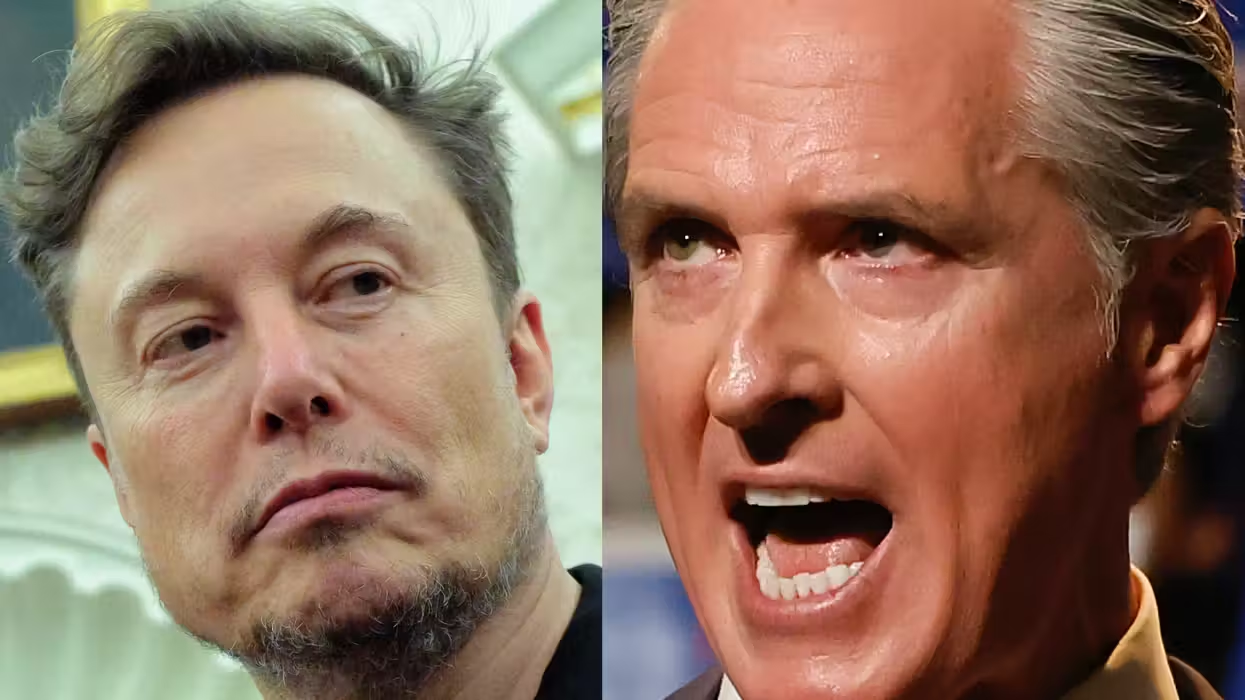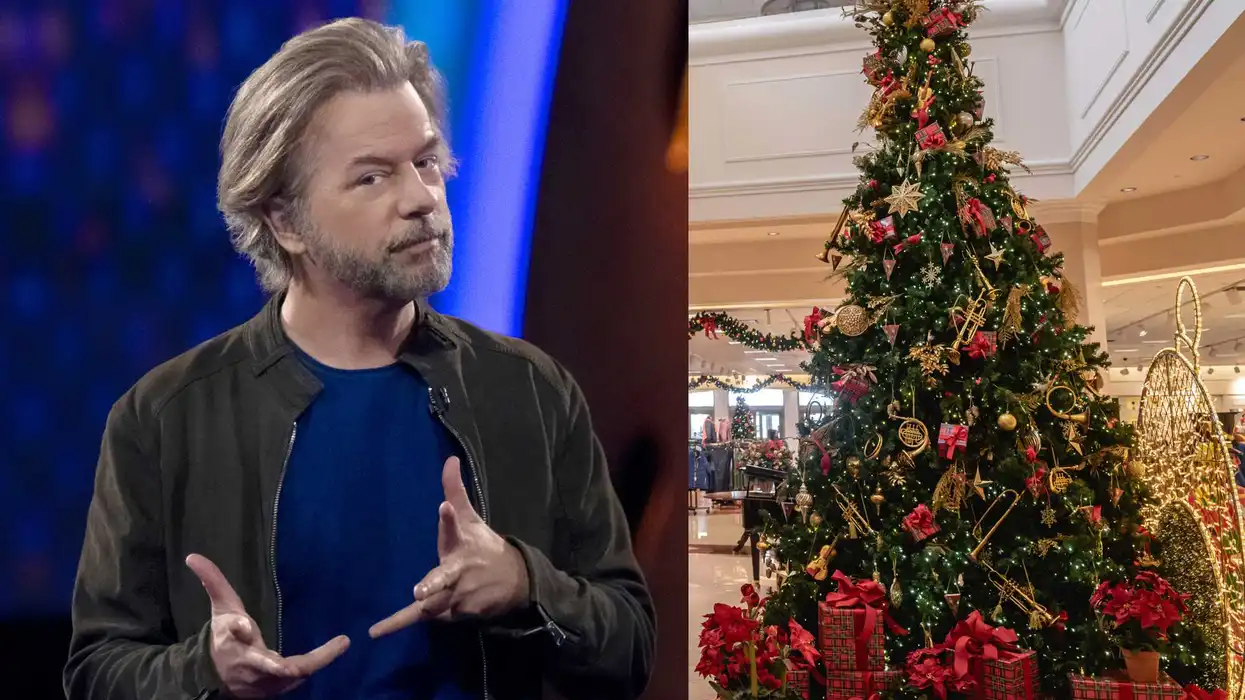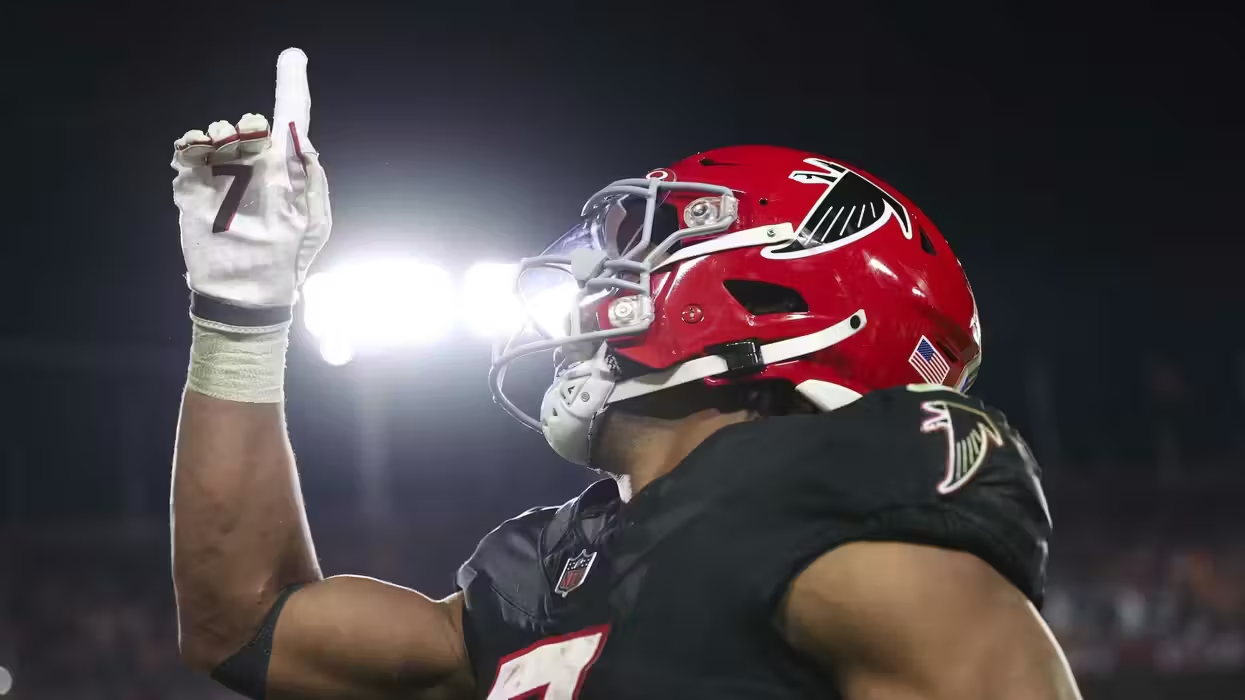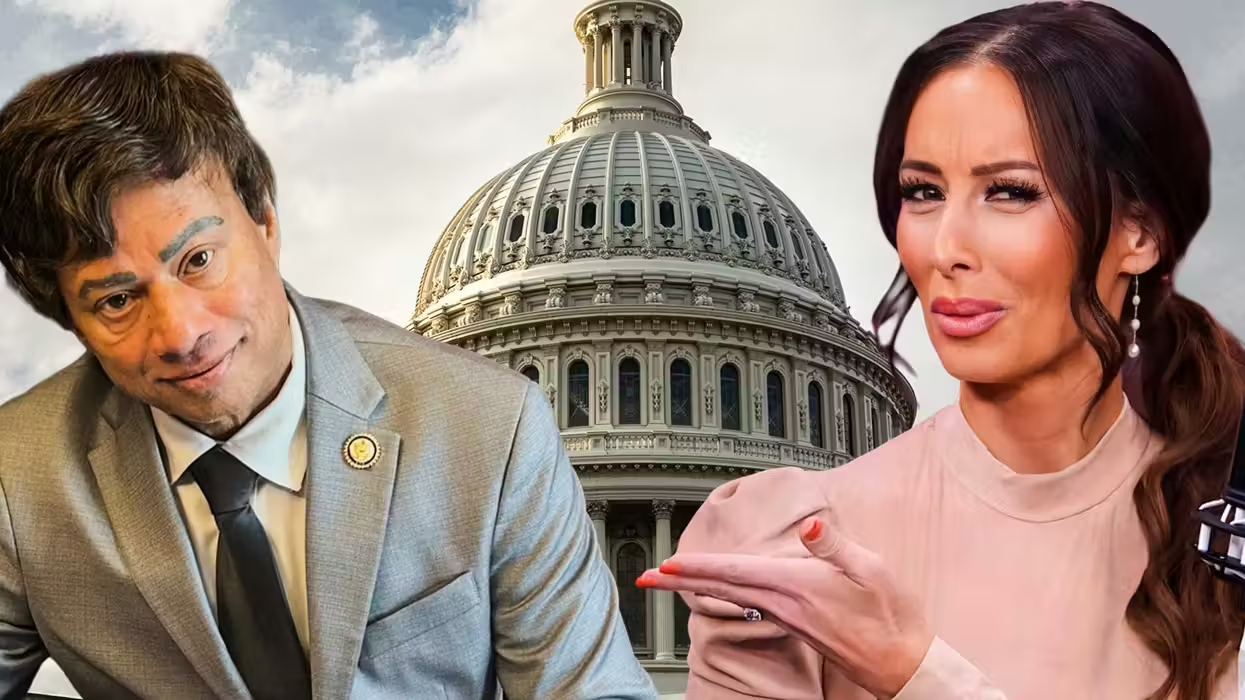
© 2025 Blaze Media LLC. All rights reserved.
"We mutually decided it wasn't a fit."
After having served for only two months as the vice president of global communications at Groupon, Bradford Williams has decided to vacate the position. His exit from the company is indicative of the overall struggle Groupon has experienced in what may be an ill-fated attempt to go public.
According to Business Insider, Williams abandoned the company because of “the way that [it] has responded to its critics during the ‘quiet period’ ahead of its initial public offering.” However, several other elements may have attributed to his hasty departure.
Williams declined to comment other than to say, "We mutually decided it wasn't a fit." A representative of Groupon reiterated his sentiments by saying that they "mutually agreed to part ways."
Since first filing their papers with the SEC, publicly outlining their financials, and announcing their intention to go public, Groupon has become something of a whipping boy in the press.
First, critics complained about Groupon's unorthodox accounting metrics (which seem to count marketing spending as a capital cost) and have accused Groupon of operating "like a Ponzi scheme” (an operation that pays returns to separate investors, not from any actual profit earned by the organization, but from their own money or money paid by subsequent investors).
The Ponzi accusation is given credence because of three factors: a) Groupon has publicly disclosed that it is losing approximately $100 million per quarter, b) they have a net negative balance of $230 million, and c) they are using later investors' money to pay off earlier investors.
Second, Groupon has caught a great deal of criticism because, aside from appearing to operate like a Ponzi scheme, it has disclosed what would appear to be a paucity of capital. However, it is not completely broke. Presumably, it can raise capital in the private markets if its IPO is further delayed but its "cash cushion" relative to its liabilities is miniscule—and the gap between the two is quickly growing.
According to Business Insider, as of June 30, Groupon had $680 million in current liabilities--bills the company has to pay. Meanwhile, Groupon only had $376 million of current assets with which to pay them (composed mainly of cash and receivables).
Third, Groupon’s Superbowl ad did it no favors and became a PR nightmare that involved weeks of retractions.
Fourth, and last, some of the negative attention Groupon has received is because of a memo released by the company's CEO and cofounder Andrew Mason that, surprise, surprise, found its way to the internet.
Among the things stated in the memo are, “Revenue is growing like gangbusters,” and “NO, dammit, Groupon is not running out of cash.”
According to the memo, Mason claims that Groupon's marketing should be counted as a capital expense because it gets people to sign up for Groupon emails and then they can be "harvested": it is a onetime expense instead of a continuous expense like most marketing.
The memo continued: “At some point, Groupon is going to stop spending so damn much on marketing,” “All of Groupon's rivals suck,” “Groupon's new businesses are crushing it,” and “Groupon's team is awesome.”
This leaked memo may have violated SEC's "quiet period" rules, which are intended to prevent scams.
Furthermore, according to a source familiar with one view of the situation, the CEO's decision to write and send this memo is indicative of the kind of decision-making at Groupon that led Williams to walk away.
Says that source: "Andrew and [Williams] didn't agree on a lot—[they had] different views on lots of things."
"Do the math. [Williams] walked out of there last Wednesday. The first thing [Mason] did was send out that memo—which [Williams] would have advised strenuously against."
Whatever the reason for William's swift exit from the company (whether it was the questionable accounting, their fledgling finances, their unconventional management style, etc.), one thing is clear: public criticisms and investor's concerns must be addressed if Groupon has any desire to be a major player in the public market.
Want to leave a tip?
We answer to you. Help keep our content free of advertisers and big tech censorship by leaving a tip today.
Want to join the conversation?
Already a subscriber?
more stories
Sign up for the Blaze newsletter
By signing up, you agree to our Privacy Policy and Terms of Use, and agree to receive content that may sometimes include advertisements. You may opt out at any time.
Related Content
© 2025 Blaze Media LLC. All rights reserved.
Get the stories that matter most delivered directly to your inbox.
By signing up, you agree to our Privacy Policy and Terms of Use, and agree to receive content that may sometimes include advertisements. You may opt out at any time.







